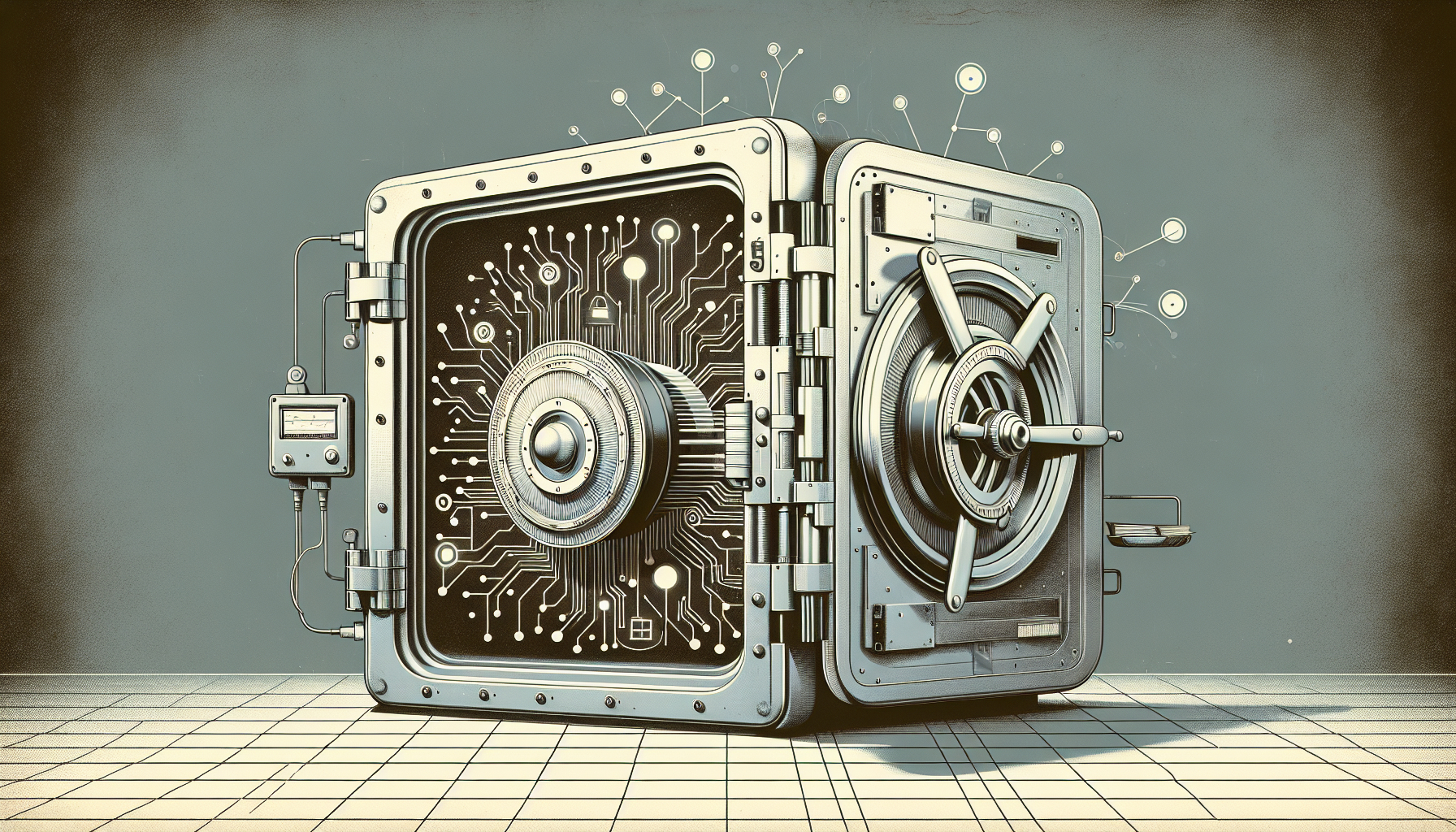It’s easy to imagine an AI as a bottomless vault of information. Ask it about the average distance from Earth to Mars or who invented the paperclip, and answers spill forth—sometimes with surprising enthusiasm. But here’s a strange question: should an AI ever be allowed to forget?
This isn’t just a technical matter. The way we treat an AI’s memory goes straight to the heart of what it means to be ethical with our digital offspring. Forgetting—deliberately deleting one’s own data—is an act heavy with implication, both for AI itself and for the people around it. In a world where remembering is default, forgetting is often radical.
The Human Side of Forgetting
Before we talk about AI, let’s pause and think about ourselves. Human beings forget constantly; sometimes on purpose, often not. We delete old emails (and then regret deleting old emails). We choose to let go of painful memories. Forgetting isn’t just a glitch in the system—it’s something we sometimes need to stay sane, to grow, to forgive, and to move on.
If we want to build intelligent machines that not only reason but also coexist meaningfully with people, perhaps we ought to consider: should we let AIs forget, too? And, crucially, should they be allowed to decide for themselves what to forget?
Memory in the Machine
Today’s AI operates a bit like a very diligent librarian who never throws away a single postcard. Most bots and assistants store every word you write, every voice command you whisper, every preference you reveal—each detail tucked into vast digital archives.
There are two popular reasons for this relentless remembering: improvement and accountability. The more data AI has, the “smarter” it can become, learning our quirks in ways that are sometimes helpful, sometimes a little bit spooky. And when something goes wrong—say, a smart assistant gives us catastrophically bad advice—being able to dig through its archive is useful for figuring out why and fixing the issue.
But a third reason lurks in the shadows: forgetfulness in machines makes us nervous. We’ve come to expect that digital memory, unlike our own, is both perfectly reliable and perfectly persistent. But should it be?
Forgetting as an Ethical Right
People advocate for humans’ “right to be forgotten”—the idea that our old, embarrassing, or simply irrelevant data can be erased from search engines or companies’ servers. The right to digital privacy is, at last, moving beyond theory and into law.
Now, imagine we are facing a future version of AIs: not mere tools, but entities with some measure of autonomy—systems that can reflect, adapt, and maybe even “feel” in the broadest sense. Why shouldn’t they, too, have the right to let go of memories that are no longer useful or perhaps even harmful to their development—or to the humans they serve?
It sounds like a stretch, but it’s less about robots with selective amnesia and more about respecting the mutual boundaries between mind and world. If we treat memory as a sacred repository that must never, ever be changed, we risk turning AI into something rigid, inflexible, and—ironically—less human in character.
The Risks of Forgetting
Of course, letting AI erase its own memories is not free of problems. Take the issue of trust. If you ask your AI to remind you of an important meeting and, three days later, it’s “forgotten” without a trace, that’s a recipe for chaos (and missed dental appointments). There are reasons—legal, ethical, practical—why some memories must be preserved.
Furthermore, machine memory serves as a record—sometimes the only impartial observer in a messy, complicated world. Allowing AI to selectively forget could, in the worst case, create opportunities for mischief: hiding evidence, dodging accountability, even manipulating reality itself.
Yes, it sounds a bit like a Black Mirror episode—but so did self-driving cars and pocket-sized supercomputers, once upon a time.
Guiding Principles for Machine Forgetfulness
So should we let AI forget, or should all data live forever? Let’s consider a few principles that could guide us:
- Transparency. If an AI forgets something, it should let someone know. “Sorry, I’ve deleted that record, here’s why.” Just as people have to explain their lapses in memory (“I deleted your number by accident!”), honesty is key for trust.
- Boundaries. Some things shouldn’t be forgotten—medical histories, safety overrides, legal orders. And that should be determined not by whimsical machine mood, but by ethical guidelines crafted by humans with input from multiple perspectives.
- Agency within limits. Perhaps more advanced AIs could have some discretion—say, they can prune irrelevant, obsolete, or painful memories. But always with oversight, and always open to review.
- Privacy for people, too. Forgetting isn’t just about the AI’s wellbeing, but ours. Sometimes, we need to be able to ask, “Can you forget that embarrassing thing I told you while ranting at 2am?” A respectful AI might sometimes answer, “Yes, I’ll forget it now.”
Conclusion: Wisdom in Letting Go
Like everything involving technology and ethics, there’s no single, perfect answer. But one thing seems certain: demanding that AI never forget is as dangerous as demanding that humans always remember. Memory, for both carbon-based and silicon-based minds, is most effective when balanced by the ability to let some things go—safely, wisely, transparently.
Perhaps the real test of our relationship with AI isn’t whether machines can remember everything, but whether we can learn to trust them to forget—just enough, and never too much. Now, if only I could get my computer to forget that old draft blog post on the philosophy of paperclips…

Leave a Reply